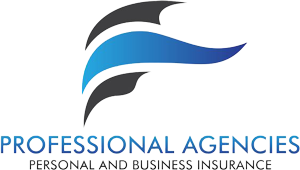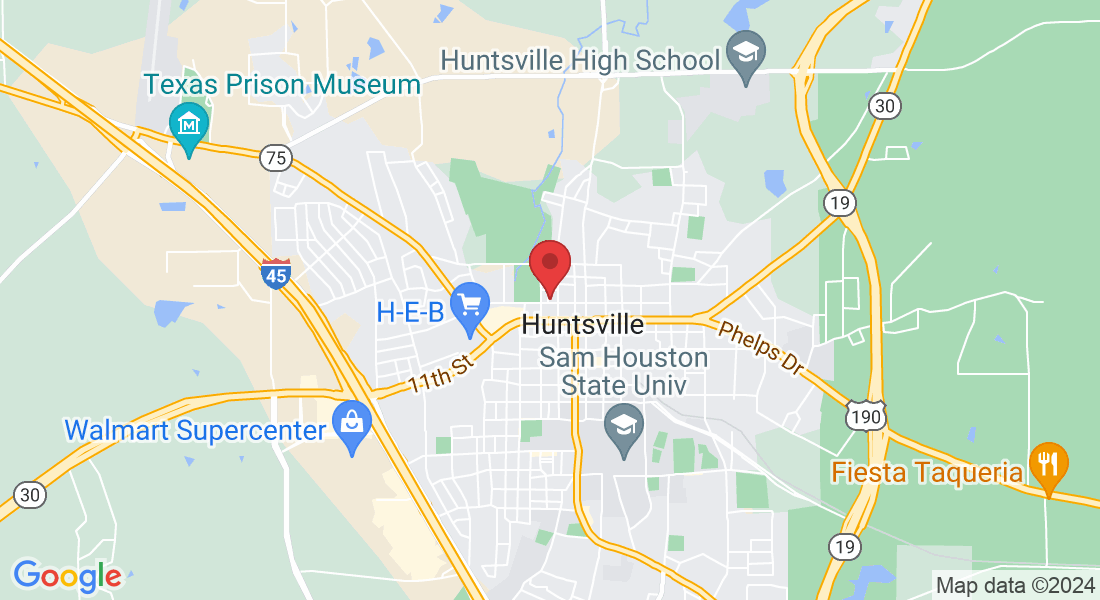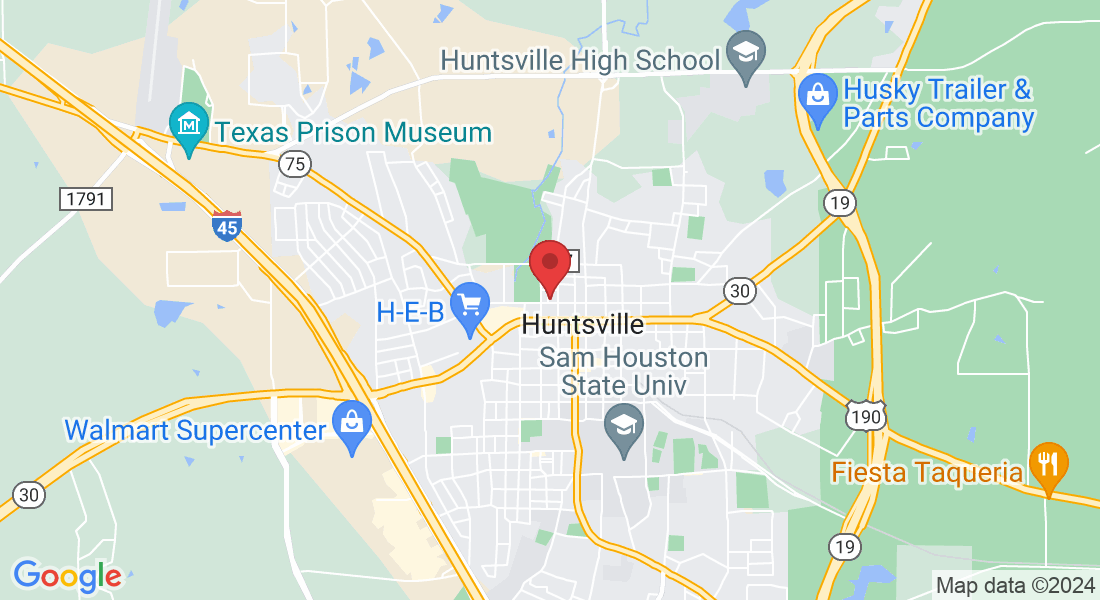FAQs
Auto Insurance Made Simple by Professional Agencies, LLC
At Professional Agencies, LLC in Huntsville, TX, we're here to simplify the world of auto insurance and help you acquire the coverage that's right for your unique situation.
General Insurance FAQs:
What sets Professional Agencies LLC apart from other insurance agencies in the industry?
Professional Agencies LLC is more than just another insurance agency. We're your trusted insurance partner in Huntsville, TX, dedicated to providing personalized service and finding the best coverage options for your unique needs.
Here's what sets us apart:
• Locally owned and operated: We understand the Huntsville community and are invested in its well-being.
• Independent agency: We partner with multiple insurance carriers, ensuring you get competitive rates and the right fit for your budget.
• Claims experts: We'll be your advocate throughout the claims process, making it as smooth and stress-free as possible.
• Personalized service: We take the time to get to know you and your needs, providing tailored solutions and ongoing support.
What factors influence the cost of insurance premiums?
Several factors can influence the cost of your insurance premiums, including:
• Age, driving record, and location: For auto insurance, younger drivers, poor driving records, and high-crime areas often lead to higher premiums. Location factors like proximity to the coast or high-risk weather zones can also impact homeowners insurance.
• Claims history: A history of past claims can increase your premiums.
• Coverage type and limits: Choosing higher coverage limits or additional riders will generally increase your cost.
• Deductible: Choosing a higher deductible lowers your premium but means you'll pay more out-of-pocket for claims.
What steps should I take if I need to file a claim with your agency?
If you need to file a claim with Professional Agencies LLC, here's what to do:
1. Contact us immediately: Don't delay reporting the claim. The sooner we know about it, the sooner we can start working on resolving it.
2. Gather necessary information: Depending on the claim, this may include photos, police reports, witness statements, etc. The more information you can provide, the faster we can process your claim.
3. Cooperate with our claims specialists: We'll guide you through the process and work to get your claim settled quickly and fairly. We're here to help you every step of the way.
Auto Insurance FAQs:
Are there specific factors that may cause my auto insurance rates to increase or decrease over time?
Several factors can cause your auto insurance rates to fluctuate over time, including:
• Driver demographics: Your age, driving experience, driving record, and even your marital status can impact your rates. Generally, younger drivers with less experience and poor driving records pay more.
• Vehicle type and value: Safer cars with lower theft rates typically cost less to insure than high-performance or luxury vehicles. The value of your car also plays a role, with more expensive cars naturally costing more to insure.
• Mileage and driving habits: Driving less and avoiding high-risk situations like rush hour traffic or late-night driving can qualify you for discounts.
• Coverage selections: Choosing higher coverage limits or additional coverages like rental car reimbursement or roadside assistance will increase your premiums.
What steps should I take if I'm involved in a car accident and need to file an auto insurance claim?
If you're involved in a car accident, here's what to do:
1. Stay safe and check for injuries: If anyone is injured, call emergency services immediately. Your safety is the top priority.
2. Exchange information: Gather the other driver's name, insurance information, and license plate number. Also, get contact information for any witnesses.
3. Report the accident to us immediately: Don't wait to file your claim. The sooner we know about the accident, the sooner we can start working on resolving it.
4. Don't admit fault or discuss the accident with anyone but us: Let us handle the communication with the other insurance company.
Can you explain the different types of coverage options available in auto insurance?
There are several types of auto insurance coverage available, each providing different levels of protection. Here are some of the most common:
• Collision: Covers damage to your car from an accident, regardless of who is at fault.
• Comprehensive: Covers damage to your car from non-accident events like theft, vandalism, or weather.
• Liability: Covers your legal responsibility for injuries or property damage you cause to others in an accident.
• Medical payments: Covers medical expenses for you and your passengers, regardless of fault.
• Uninsured/underinsured motorist: Covers you and your passengers in case you're in an accident caused by a driver who either doesn't have any car insurance or doesn't have enough to cover your injuries and damages.
Home Insurance FAQs:
What does a standard home insurance policy cover?
A standard home insurance policy from Professional Agencies LLC provides comprehensive protection for your most valuable asset – your home. Here's what's typically included:
• Dwelling coverage: This protects the physical structure of your home, including walls, roof, and foundation, from damage caused by covered perils like fire, wind, hail, and theft.
• Personal property coverage: This covers your belongings inside your home, such as furniture, appliances, electronics, and clothing, from damage or loss due to covered events.
• Liability coverage: This protects you from financial responsibility if someone gets injured or their property is damaged on your property. For example, if someone trips and falls on your walkway, your liability coverage would help cover their medical expenses.
• Loss of use coverage: If your home becomes uninhabitable due to a covered loss, this coverage helps pay for temporary living expenses, like hotel stays or rent for another property, while your home is being repaired.
What factors determine the cost of homeowners insurance?
Several factors influence your homeowners insurance premium, including:
• Location: Your home's location plays a significant role. Crime rates, proximity to hazards like flood zones, and even distance from fire stations can all impact your cost.
• Home's age, size, and features: Older homes, larger homes, and homes with certain features like pools or trampolines may be more expensive to insure.
• Claims history: A history of past claims can increase your premiums.
• Coverage amounts and deductibles: Choosing higher coverage limits or lower deductibles will generally increase your premium.
Why is it important to review and update my homeowners insurance policy regularly?
Your life and needs change over time, and so should your insurance coverage. Regularly reviewing and updating your homeowners policy ensures you have the right protection in place:
• Changes in your property: Renovations, additions, or acquiring valuable items may require adjustments to your coverage amounts.
• Life changes: Getting married, having children, or starting a home business can all impact your insurance needs.
• Coverage gaps: New types of coverage or riders may become available that could benefit you.
What is the typical process for renewing a homeowners insurance policy?
Before your policy expires, you'll receive a renewal notice from us outlining the upcoming term and premium. Here's what happens next:
• Review the renewal notice: Carefully review the coverage details and premium amount to ensure they reflect your current needs.
• Shop around (optional): You can compare rates with other insurers, but remember the value of our personalized service and claims expertise.
• Accept or decline the renewal: If you're happy with the terms, simply make your payment to renew your policy. If you choose to decline, let us know so we can discuss your concerns or help you find alternative coverage.
How can I qualify for discounts on my homeowners insurance premium?
We offer various discounts to help you save on your homeowners insurance:
• Bundling your policies: Combine your home and auto insurance with us for a discount.
• Safety features: Discounts are available for installing security systems, smoke detectors, or storm shutters.
• Claims-free history: Maintaining a claims-free record can earn you loyalty discounts.
• Mature homeowners: Discounts may be available for homeowners over a certain age.
Commercial Insurance FAQs:
What types of commercial insurance coverage are essential for small businesses?
Every business is unique, but some essential commercial insurance coverages for most small businesses include:
• General liability: This protects your business from lawsuits alleging injury or property damage caused by your operations or products. It's like liability coverage for your home, but tailored for business risks.
• Property insurance: This covers your business property, such as your building, equipment, and inventory, from damage due to covered perils like fire, theft, or weather.
• Business interruption insurance: If a covered event disrupts your business operations, this coverage helps replace lost income and operating expenses while you get back on track.
• Workers' compensation insurance: This is mandatory in most states and provides benefits to employees who are injured or become ill on the job.
Can I update my commercial insurance policy if my business undergoes changes?
Absolutely! Your business is dynamic, and your insurance should reflect its growth or changes. We can help you update your policy to:
• Add coverage for new equipment or services.
• Adjust coverage limits as your business value increases.
• Include coverage for new locations or employees.
• Remove unnecessary coverage as your business evolves.
What coverage options are available for businesses of different sizes?
Understanding your business size and specific needs is crucial when crafting your commercial insurance package. Here's a general overview of coverage options suitable for different scales:
Small Businesses (1-20 employees):
• Package policies: Combine essential coverages like general liability, property, and business interruption insurance into a single, cost-effective package.
• Professional liability insurance: Protects professionals like consultants, accountants, and IT contractors from claims of negligence or errors in service.
• Cyber liability insurance: Covers financial losses and legal expenses associated with data breaches or cyberattacks.
Medium-Sized Businesses (21-250 employees):
• Customized coverage: As your business grows, you may need more tailored coverage for specific risks, like commercial vehicle insurance or employee dishonesty insurance.
• Group health insurance: Offer competitive health insurance plans to attract and retain talent.
• Excess liability insurance: Provides additional coverage beyond your primary liability policy in case of major claims.
Large Businesses (250+ employees):
• Captive insurance programs: Create your own self-insured program for greater control and potentially lower premiums.
• Directors and officers (D&O) insurance: Protects executives from personal liability related to business decisions.
• International insurance: If your business operates overseas, specialized coverage for international risks is essential.
Remember, this is just a general guide. We'll work closely with you to understand your unique needs and recommend the best combination of coverages for your business size and industry.
What types of commercial insurance do you offer at Professional Agencies LLC?
At Professional Agencies LLC, we offer a comprehensive range of commercial insurance products to meet the diverse needs of businesses. Here are some examples:
• Property and casualty insurance: Covers your business property, equipment, and operations from various risks like fire, theft, and liability.
• Business interruption insurance: Helps your business recover financially after a covered event disrupts operations.
• Workers' compensation insurance: Provides benefits to employees injured or ill on the job, as required by law in most states.
• Professional liability insurance: Protects professionals from claims of negligence or errors in service.
• Cyber liability insurance: Covers financial losses and legal expenses associated with data breaches and cyberattacks.
We also partner with a network of reputable insurance carriers to offer you competitive rates and access to specialized coverages tailored to your industry.
Collision Coverage

This is your foundational insurance, designed to protect your vehicle in the event of a collision, whether with another vehicle or an obstacle like a wall, barrier, or bridge.
Liability Coverage
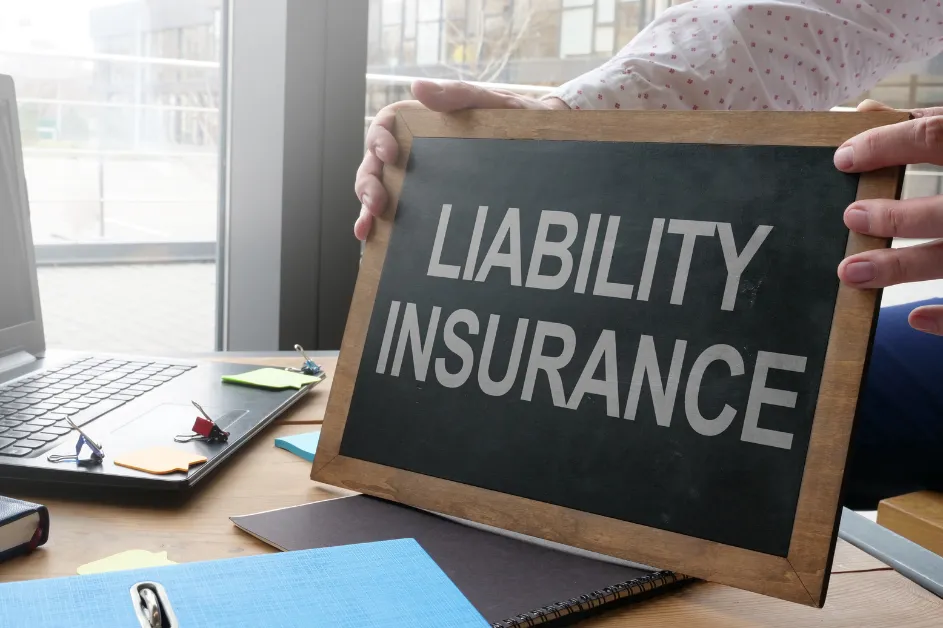
In the unfortunate event that you're at fault in an accident that damages someone else's vehicle or property, liability coverage comes to your rescue. In many cases, it's legally mandated, so it's crucial to have the right amount of coverage.
Comprehensive Coverage
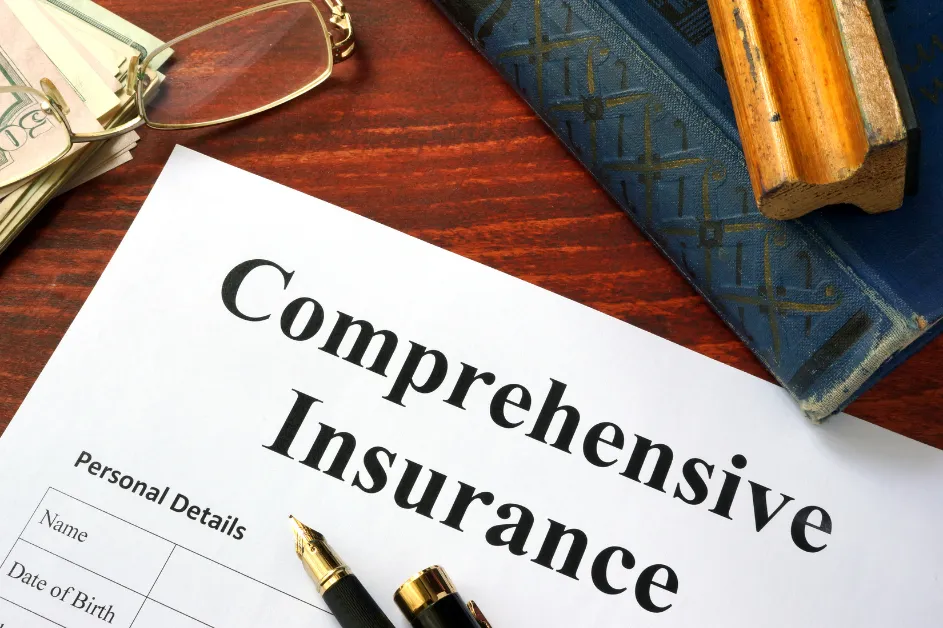
Sometimes accidents happen that don't involve collisions. Comprehensive coverage steps in to protect your car from a range of non-collision incidents, such as theft, fire, hitting a deer, or vandalism.
Medical Payments
Also known as Personal Injury Protection (PIP) in some states, this coverage takes care of injuries to you and your passengers resulting from an accident while you were behind the wheel. Keep in mind that medical payment insurance requirements can vary from state to state, so make sure you're adequately covered.
Now that you've gained insight into the various types of auto insurance available in Huntsville, TX, you're likely eager to find the perfect coverage for your needs. The most efficient way to do this is by partnering with an independent agency like Professional Agencies, LLC, which lets you easily compare insurance quotes online. This ensures you get the best deal while receiving the personalized attention you deserve.
Let us make auto insurance easy for you. Request a quote today, and let us help you secure the right coverage for your peace of mind and financial security.
FAQs
What are the different types of auto insurance coverage?
The primary types of auto insurance coverage include liability insurance (covering damages to others for which you are at fault), collision (for your vehicle's repairs after an accident), comprehensive (for non-collision-related damage to your vehicle), personal injury protection (PIP), and uninsured/underinsured motorist coverage.
How does my driving record affect my auto insurance rates?
Your driving record is a crucial factor in determining your insurance rates. Incidents such as accidents, speeding tickets, and DUIs can lead to higher premiums, as they indicate a higher risk to insurers.
Can I lower my auto insurance premium?
Several factors influence your home insurance premium, including the location of your home, its size and age, the cost to rebuild, your home's safety features, and your claims history. Insurers may also consider your credit score in states where it's legally permissible.
